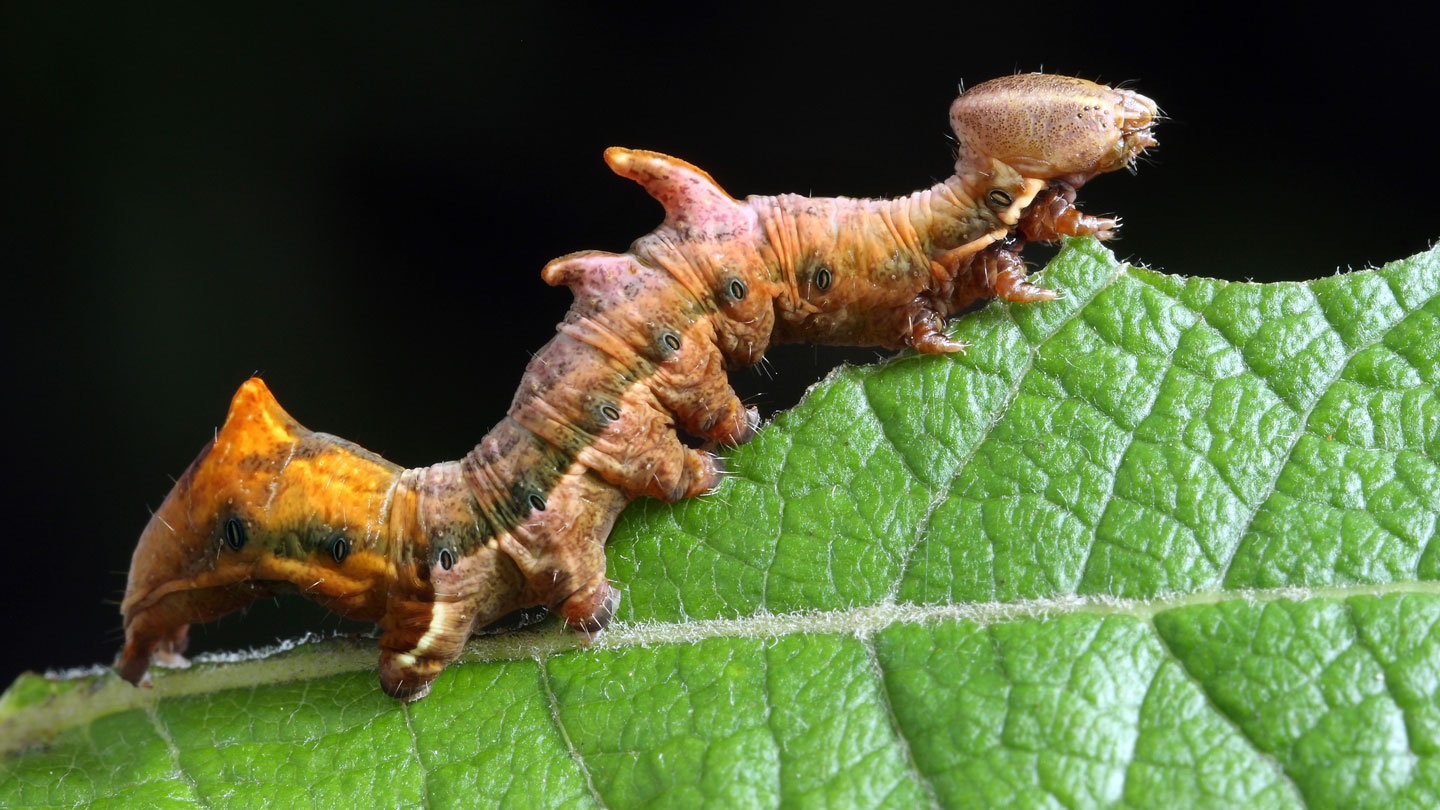The life cycle assessment was carried out by the German Institute for Food Technology (DIL) on ingredients manufactured by Protix. Highlights of the LCA, a widely accepted method of assessing the environmental impact of a product throughout its life cycle, include:
- ProteinX insect meal (with 1.149 kg CO2 equivalent) has a carbon footprint almost 7 times smaller than the soy protein concentrate (with 7.5 kg CO2 equivalent) commonly used in livestock and aquatic feed.
- Every kilogram of ProteinX reduces water consumption by 330 liters (190 liters versus 520 liters for soy protein concentrate).
“As people become increasingly aware of environmental issues such as deforestation, water scarcity, global warming and biodiversity loss and demand more sustainable products, the challenge for feed, pet food and crop producers is to reduce their environmental footprint while preserving taste and health benefits of their formulations,” explains Protix in a press release.
“Protix’s insect-based ingredients deliver on their promise of providing a more sustainable solution with excellent palatability and performance. The DIL study shows that Protix insect-based ingredients have significantly lower land and water use and CO2 emissions than traditional ingredients such as soy protein concentrate, palm kernel oil or fishmeal,” the company adds.
Kees Aarts, CEO and co-founder of Protix added: “We are pleased that these LCA results confirm the sustainability of our products. Having opened our world’s first 14,000m2 manufacturing facility in The Netherlands in 2019, we are now in a position to build on our results and expand internationally. With new international production facilities, we are confident of achieving even better sustainability results.”
The company adds: “The black soldier fly in particular is one of nature’s most efficient composting machines. The flies have an insatiable appetite and can convert organic waste into valuable biomass very quickly and in a resource-saving manner: a ton of insects can be bred in 14 days on a land area of just 20 m2. Since the adult black soldier fly does not eat, as larvae they are very efficient at storing nutrients. Finally, they can be grown in a local and circular production process, close to where they are needed, reducing transportation.”







